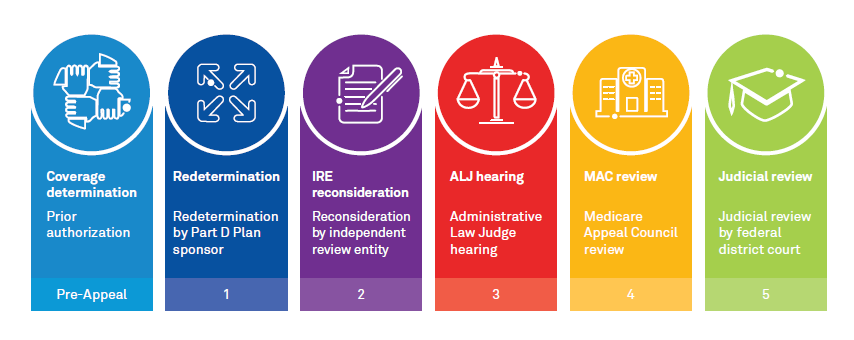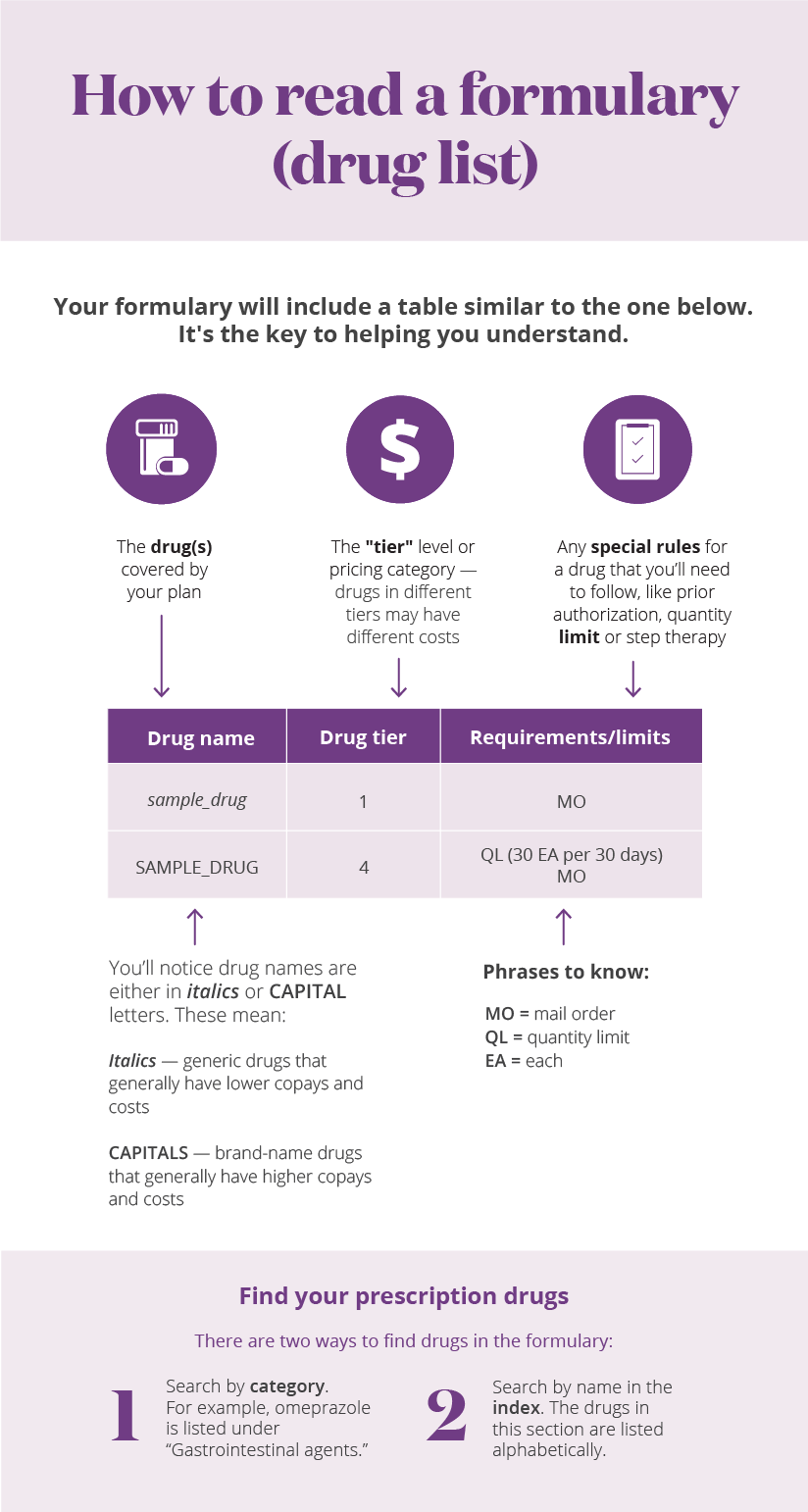Like HMOs many POS plans require you to have a PCP referral for all care whether its in or out-of-network. In general the difference between HMO and PPO plans fall into a few categories cost network and control.
EPOs generally offer a little more flexibility than an HMO and are generally a bit less pricey than a PPO.

What is the difference between hmo and epo plans. An HMO may require you to live or work in its service area to be eligible for coverage. Premiums are higher than HMOs but lower than PPOs. Whats the difference between an HMO PPO and EPO.
It is known for its lower premiums and restricted network of doctors and hospitals which means you sacrifice flexibility for lower upfront costs. Health maintenance organization HMO preferred provider organization PPO point of service POS and exclusive provider organization EPO. HMO insurance is often termed as an insured product meaning that the insurance company will pay the cost of the claim if it meets all coverage guidelines.
In comparison EPO insurance is often termed as a self-insured product in which the employer pays the costs. Need to stay in network Need referral to see a specialist. Costs of HMO plans are usually cheaper but come with a more restricted network and.
HMO stands for health maintenance organization and makes up 16 percent of health plans. HDHPs make up about one-third of employer-sponsored plans and are seen as a lower-cost health insurance option for employers over the past decade. Like HMOs EPOs cover only in-network care but networks are generally larger than for HMOs.
The less flexibility the less expensive. The term network refers to a group of doctors specialists hospitals labs etc. Health plans sold through Covered California fall in these three categories.
They may or may not require referrals from a primary care physician. POS plans resemble HMOs but are less restrictive in that youre allowed under certain circumstances to get care out-of-network as you would with a PPO. While these names may be somewhat confusing they describe how you will get your health care from physicians and hospitals.
Videos you watch may be added to the TVs watch history and influence TV recommendations. An HMO is a health maintenance organization a PPO is a preferred provider organization and an EPO is an exclusive provider organization. PPO preferred provider organization is a type of health plan that contracts with medical providers such as hospitals and doctors to create a network of participating providers.
Lower premiums Lower Cost Than a PPO. A provider network can be made up of doctors hospitals and other health care providers and facilities that have agreed to offer negotiated rates for services to insureds of certain medical insurance plans. Since the in-network providers all agree on the pricing level for their services this helps the HMOEPO to keep costs low.
PPO HMO EPO exclusive provider organization and POS point of service plans have. The main difference between EPO and PPO plans and Health Maintenance Organizations HMOs is the need for a Primary Care Physician PCP in an HMO. They differ when it comes to things like costs and provider networks the doctors hospitals labs and so on that your plan covers.
Like a PPO you do not need a referral to get care from a specialist. The differences between health care plans can be confusing when choices include HMO PPO POS and EPO plans. HMOs often provide integrated care and focus on prevention and wellness.
PPOs are the most common type of health plan in the employer-sponsored health insurance market while HMOs lead the way in the individual insurance market. An Exclusive Provider Organization EPO is a lesser-known plan type. While EPO and HMO health insurance plans have some similarities they have even more differences.
HMOs and EPOs tend to have lower monthly premiums. To avoid this cancel and sign in to. There are a number of different types of networks with HMO PPO EPO.
This means that in an HMO planyou do not contact the insurer to get pre-authorization for treatment but must be referred to a specialist by a PCP who is a member of the HMOs network. These plans also tend to have lower copays and coinsurance than other health insurance plans. An EPO or exclusive provider organization is a bit like a hybrid of an HMO and a PPO.





/arc-anglerfish-arc2-prod-dmn.s3.amazonaws.com/public/AIOFM5EQIMX44BZH3ORKOMZGWM.jpg)



.web.jpg)

